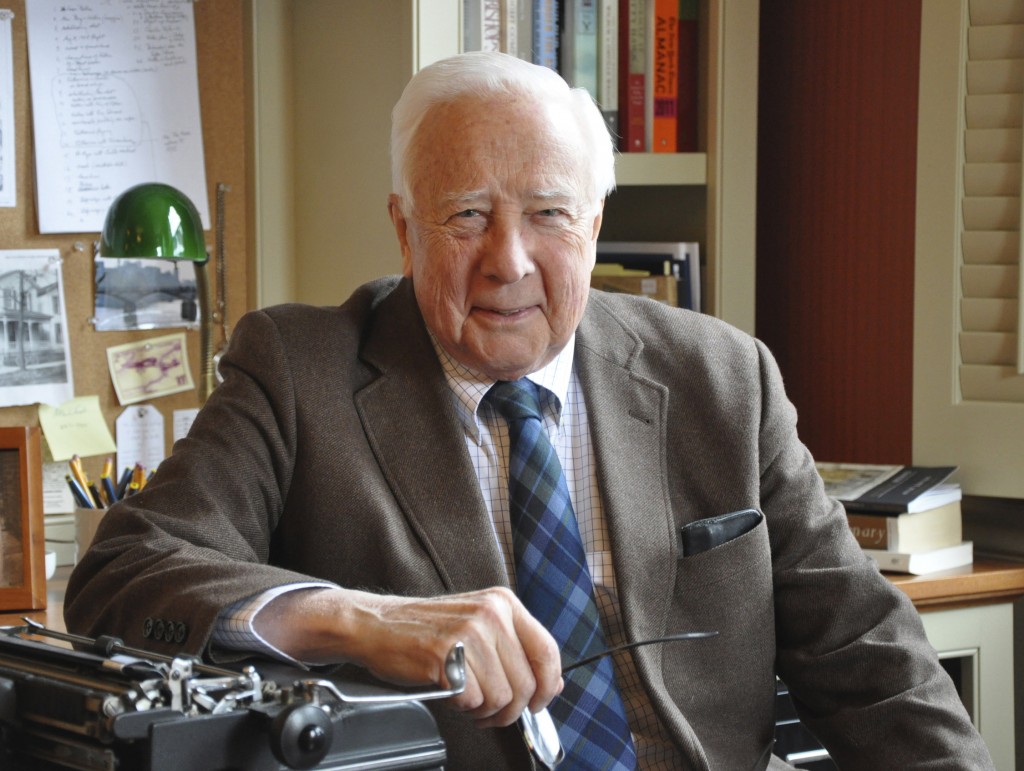Authors:
Historic Era: Era 10: Contemporary United States (1968 to the present)
Historic Theme:
Subject:
Winter 2008 | Volume 58, Issue 1


Authors:
Historic Era: Era 10: Contemporary United States (1968 to the present)
Historic Theme:
Subject:
Winter 2008 | Volume 58, Issue 1
Former President Harry S. Truman once remarked that the history we don’t know is the only new thing in the world. Picking up on a related theme, the late Daniel Boorstin, an eminent historian, Librarian of Congress, and friend of mine, wrote that planning for the future without a sense of the past is similar to planting cut flowers and hoping for the best.
Today, the new generation of young Americans are like a field of cut flowers, by-and-large historically illiterate. This does not bode well for our future.
After delivering a talk at the University of Missouri, I spoke with a young woman who said that, until my talk, she had not known that all of the original 13 colonies were on the east coast. How could a student at a fine university not know this?, I wondered.
On another occasion, I taught an honors seminar to 25 history majors at Dartmouth in Hanover, New Hampshire. The first morning, I asked if anyone could identify George Marshall. Not a single person raised their hand. After a long silence, one young man asked tentatively if he had something to do with the Marshall Plan. Yes, I said. And that’s where we started talking about the general who supervised the U.S. Army during World War II and later received the Nobel Prize as Secretary of State. We cannot, however, blame these students for their lack of understanding and awareness of history.
All of us who are educators, parents, and writers bear a great responsibility: We must communicate to the younger generation that Americans — as individuals, but also collectively as a nation — cannot truly know who we are or where we are going unless we know where we have been.
We should value what our forebears — and that includes our own parents and grandparents — have done for us; otherwise our history will simply slip away. If we inherit an old oil painting and no one tells us that it is a priceless work of art, then we’ll probably lose interest in it, either sticking it in a closet or selling it. Of course, history is not static like a painting, but eternally fascinating, because events and people can be freshly examined with new techniques and perspectives. Each generation, we peel back biases that have blinded those before us. The more we know about the past enables us to ask richer and more provocative questions about who we are today.
We also must tell the next generation one of the great truths of history: that no past event was preordained. Every battle, election, and revolution could have turned out differently at any point along the way, just as a person’s own life can change unpredictably. Nothing occurs in a vacuum, a fact that is not as self-evident as it might sound, particularly to a young person.
And we would do well to remind young people that nobody ever lived in the past. Jefferson,